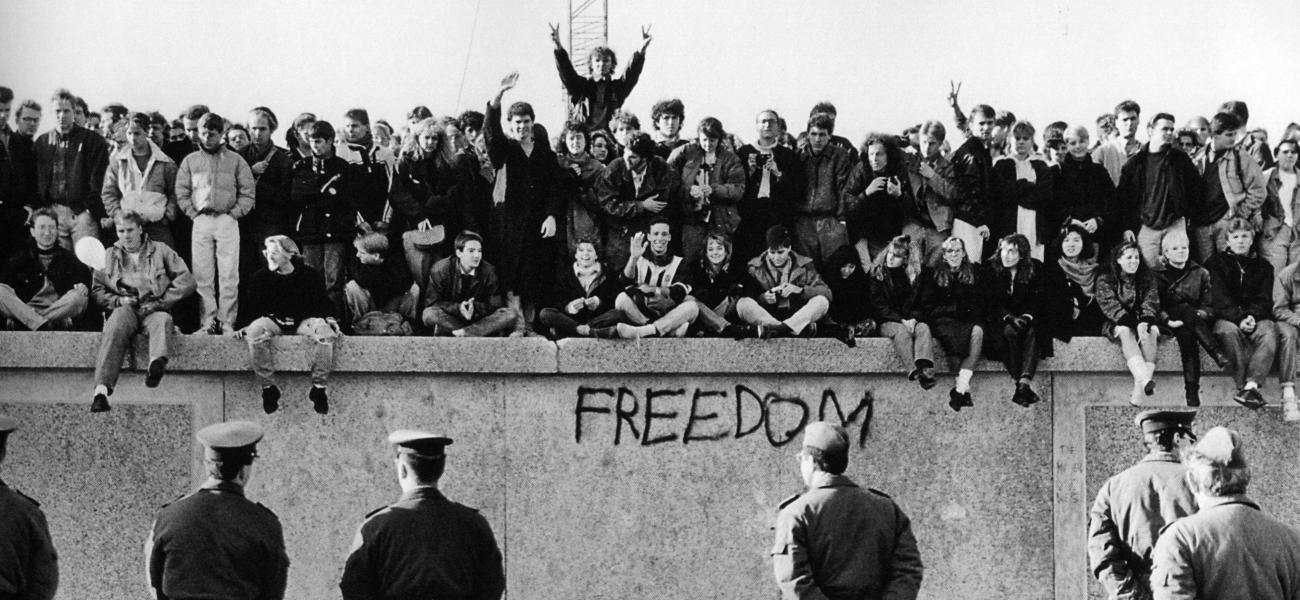
The Cold War and America’s Delusion of Victory
This is a summary of an article originally published by the New York Times.
In an essay adapted from his book, “The Cold War: A World History,” the author discusses the legacy of the Cold War and its impact on the United States, Russia and other nations. For the U.S., he argues, the post-Cold War era served as "confirmation of an absolute historical purpose.” But starting in the 2000s, when America’s aim should have been to incorporate other nations into a system of international norms, it instead began to "engage in futile, needless wars far from its borders," a move declining superpowers make, mistaking "short-term security ... for long-term strategic goals.” Russia, however, was the clear loser in the Cold War. The collapse of the Soviet Union left Russia feeling stung, having toppled from its position as the head of a superpower to a nation without position or purpose. A multipolar world is now emerging with the U.S. and China as its strongest powers. Russia and China will do their best to chip away at U.S. interests, but neither country is capable of staging "a global ideological challenge backed by military power." These rivalries could lead to conflicts, "but not of the systemic Cold War kind.” The author concludes that while Cold War ideologies offered immediate solutions to complex problems, its end did not change “the conflicts between the haves and the have-nots in international affairs.”
Read the full article at the New York Times.
Odd Arne Westad
Odd Arne Westad is a professor at Harvard’s Kennedy School of Government and the author of “The Cold War: A World History.”

